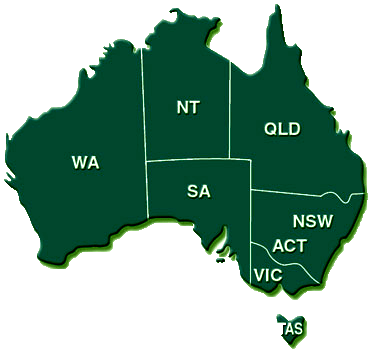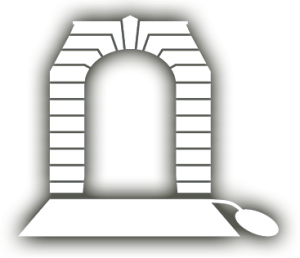The Defence Force has asked an independent expert to examine cultural and leadership failings involving Australia’s special forces ahead of a war crimes report on dozens of alleged murders of prisoners and civilians by the elite units in Afghanistan.
The study will look at the ethical standards and command culture of the secretive Special Air Service and Commando regiments from 1999 to the present day, with a focus on their deployment to Afghanistan in the war against al-Qa’ida and the Taliban.

The Australian can reveal that Chief of the Defence Force Angus Campbell has commissioned former naval officer and Anglican bishop Tom Frame to undertake the study, to be released in mid-2022.
The move comes as the government prepares for the release of a report by the Inspector-General of the Australian Defence Force into at least 55 alleged breaches of the laws of war by Australian personnel during the nation’s 13-year on-the-ground commitment in Afghanistan.
The alleged crimes are expected to include the killing of unarmed men and children, and the mistreatment and execution of Taliban prisoners who posed no threat to their captors.
The IGADF report, by NSW Supreme Court judge Major General Paul Brereton, will rock the nation’s military establishment and tarnish community perceptions of the nation’s most revered warriors.
Professor Frame, a respected military historian with the University of NSW, will examine the wider context of the alleged crimes, including actions of senior ADF leaders and Australia’s military strategy in Afghanistan.
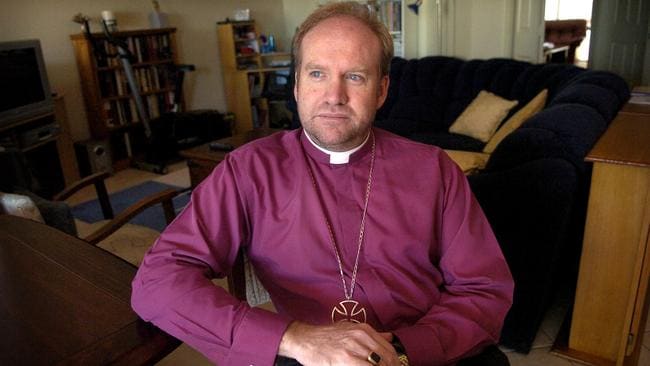
His study will be used as a basis for further reforms to the SAS and Commando regiments, and in planning military operations.
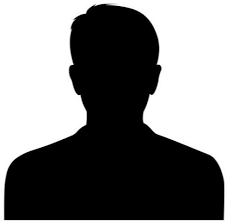
One former SAS officer spoken to by The Australian on condition of anonymity said by 2010, special forces operators on the ground in Afghanistan had lost faith in the strategy and “the whole thing was just starting to unravel”.
He said mentally ill soldiers were regularly sent on to the battlefield, and commanders -allowed a culture where lower ranked soldiers became more influential than their officers. “You’ve got guys doing six or seven tours. Think about what that does — six or seven tours with heavy combat,” the officer said.
He said “wild swings in roles and strategy” also took their toll, along with the intensity of the fighting.
“All these things led to a culture and an environment where I think there was a degree of impunity,” he said.
“The only thing that was important to us was our own tribe. We didn’t trust anyone. We didn’t think necessarily we were being supported by some of the leadership.”
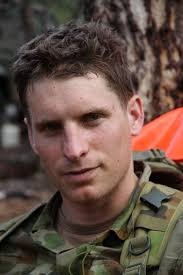
Another former SAS officer, Liberal MP Andrew Hastie, said the Australian people needed an explanation of the war in Afghanistan that went beyond individual cases of wrongdoing.
“My hope is Professor Frame will be asking tough questions not only about our military institutions, leadership and strategy but also about human nature,” he said. “We need to ask ‘How do we find ourselves in this dark place?’ ”
Defence told The Australian that Professor Frame would begin interviewing serving special forces personnel and veterans after the IGADF’s findings were handed down.
The study was independent of the IGADF inquiry and would not be a historical record, the department said.
“Professor Frame’s work will aim to provide an understanding of Australia’s special forces, including consideration of the ethical standards and command culture of Special Operations Command and its people on operations from 1999 until the present day, with a focus on -service in Afghanistan,” Defence said.
“It is expected the publication will be used as an academic reference to guide our leaders in the years ahead and contribute to professional development of the ADF today and in the future.”
Former Nationals leader John Anderson, a personal friend of Professor Frame, said he believed the study would be a “deeply considered and very honest” assessment of what went wrong.
“He will quite clinically analyse the realities of what has happened, and he will do so in the context of somebody who has a very sharp understanding of right and wrong,” he said.
Defence Minister Linda Reynolds warned last week that the nation needed to prepare itself for the Brereton inquiry’s findings, saying the report would make for some “uncomfortable” reading.
“I think that will make some very significant findings, ones that I am certain will make many Australians uncomfortable, and also dismayed at,” she said.
In its annual report to parliament, the IGADF said 338 witnesses had been interviewed by the Brereton inquiry up until July 2019.
It said the alleged breaches of the Law of Armed Conflict being examined were “predominantly unlawful killings of persons who were non-combatants or were no longer combatants, but also ‘cruel treatment’ of such persons”.
The inquiry was not focused on decisions made in the “heat of battle” but on “the treatment of persons who were clearly non-combatants or … no longer combatants”, the IGADF said.
Australia’s most decorated soldier, Victoria Cross recipient Ben Roberts-Smith, is among those caught in the investigation.
He has been publicly accused of committing war crimes while serving with the SAS in Afghanistan — allegations he has denied, claiming his anonymous accusers were motivated by professional jealousy and personal vendettas.
He is suing Nine Entertainment over those allegations he says are false.

BEN PACKHAM – The Australian Newspaper’s Foreign Affairs and Defence Correspondent . Article dated August 11, 2020
Comments to this article can be seen in The Australian’s digital newspaper

